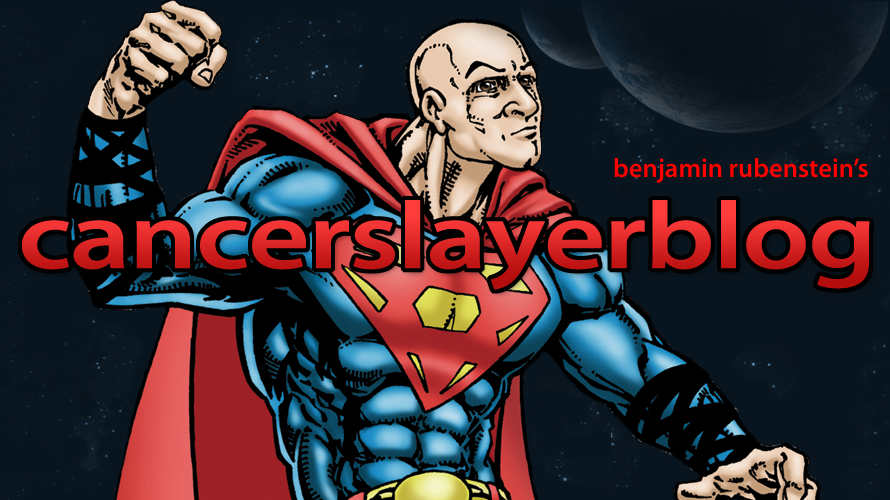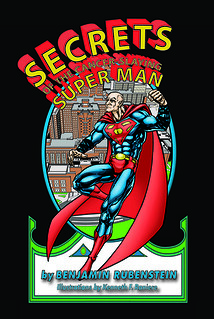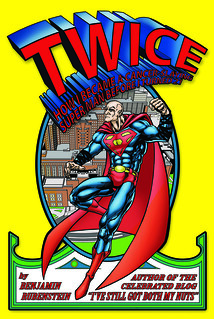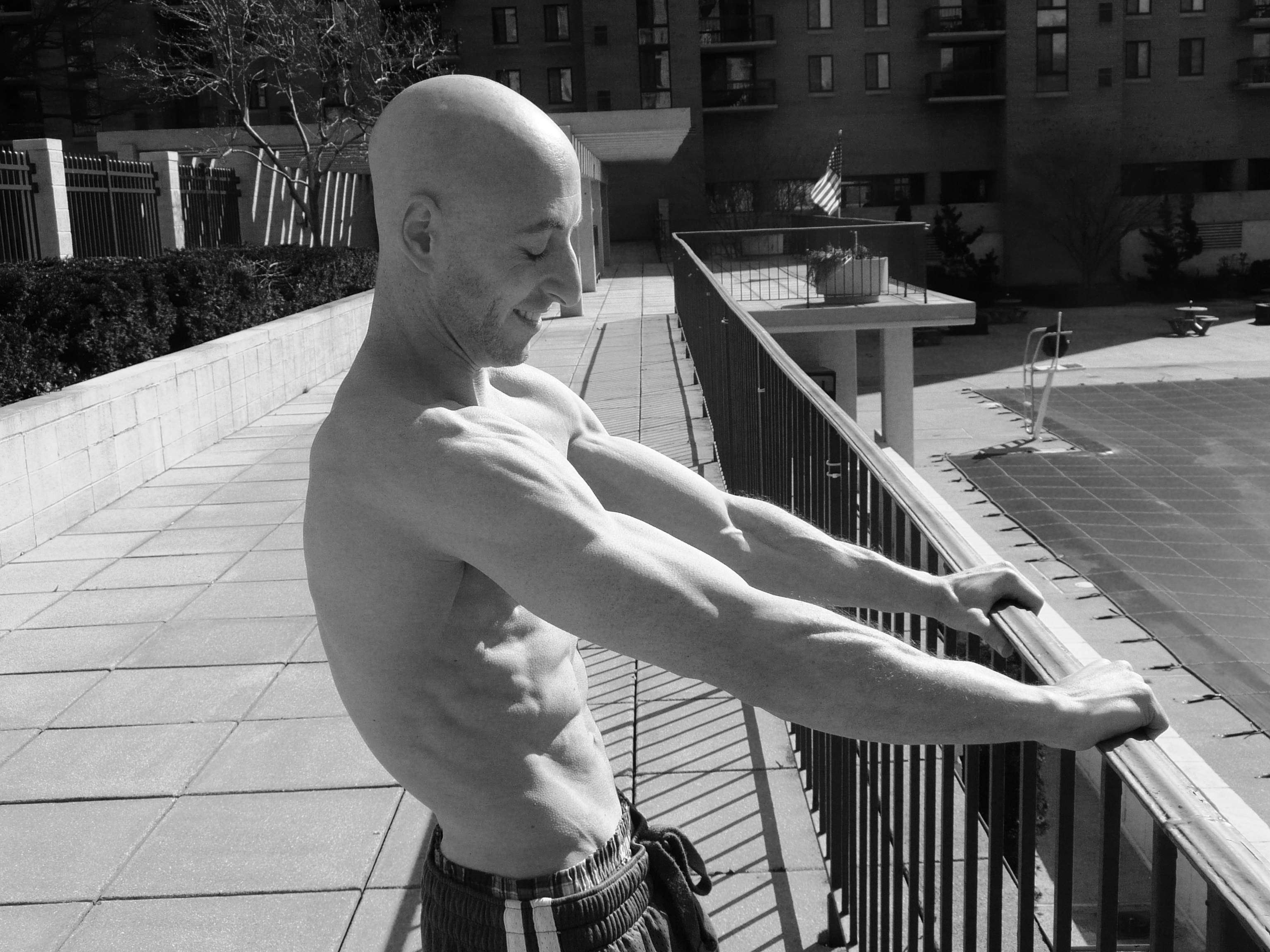Lightning flickered inside my hip. Every time my left Adidas landed on the ground, I felt another fiery explosion. The pain left just as quickly as it came, leaving me waiting for another blaze.
I was a sophomore in high school in Northern Virginia, playing a singles match to determine seeding for the tennis team. That was the first time I felt the pain, and I pushed it aside because I wanted to play. The pain worsened over the ensuing months.
Eventually, I was diagnosed with Ewing’s sarcoma, a rare form of bone cancer, and received a year of treatment, including chemotherapy, radiation and surgery that prevented me from ever playing tennis again. I was simply a normal teenager who happened to receive toxic chemicals, energy waves, blood transfusions and needle pricks. I wouldn’t allow cancer to change me.
My rules—don’t cry, don’t complain, don’t talk about cancer and don’t fear death.
When I became cancer-free, I rejoined my senior class and graduated, without acknowledging I was ever ill—except taking the handicap spot so I could exit the high school parking lot first in the afternoon en route to Taco Bell.
During my first year at U.Va. in 2002, I told only a few hallmates about my cancer, and only after they inquired about my 15-inch scar.
My hallmates would all become aware, though, because during winter break I discovered that my bone marrow was dying as a result of the very drugs that saved my life 16 months earlier. U.Va. would await my return, Dean William Wilson said, when I handed him my student ID.
What would have been my second semester was instead the beginning of a pitched battle against cancer. I remember the X-ray technician who talked with me about the Redskins, the loud hammering of the MRI machine and the other patients pushing their IV poles. At the hospital, there were children with cancer. “They’re just kids,” I thought.
When my oncologist saw me eating slices from Pizza Hut and watching episodes of Seinfeld, he said, “Too bad I have to work, because I would love to join you right now.”
Later, he showed me admiration for exercising while anemic. “But why?” I asked. I could barely pedal up a hill, and when I did, I had to get off my bike and lie on the asphalt.
It felt important to be tough. We all poked fun at an older patient for sweating before getting his blood drawn. A friend used the word “cheemy” to make the poison sound more appealing. I had to be pushed in a wheelchair during my first couple of cycles after surgery. Could anyone be worse than my mom at pushing this contraption?
It was hard to be tough. My heart broke when I saw my roommate from Cycle 14 getting treatment long after he was supposed to have finished. Did his cancer return? I remembered friends and family visiting me and sitting around my bed in a circle, all staring. I felt so pathetic. I wanted to get up and walk around the room to show them that I could. But I couldn’t.
One year and one umbilical cord stem cell transplant later, Dean Wilson welcomed me back to U.Va. I still do not complain. I generally don’t fear death, barring the occasional suicidal thought after watching the rivalry football game with my Virginia Tech friends and brother. However, I do acknowledge that cancer has provided me a new way to view the world. It may be human nature to take things for granted, but I never want to. I may get a tattoo of my tumor to remind me.








0 comments:
Post a Comment